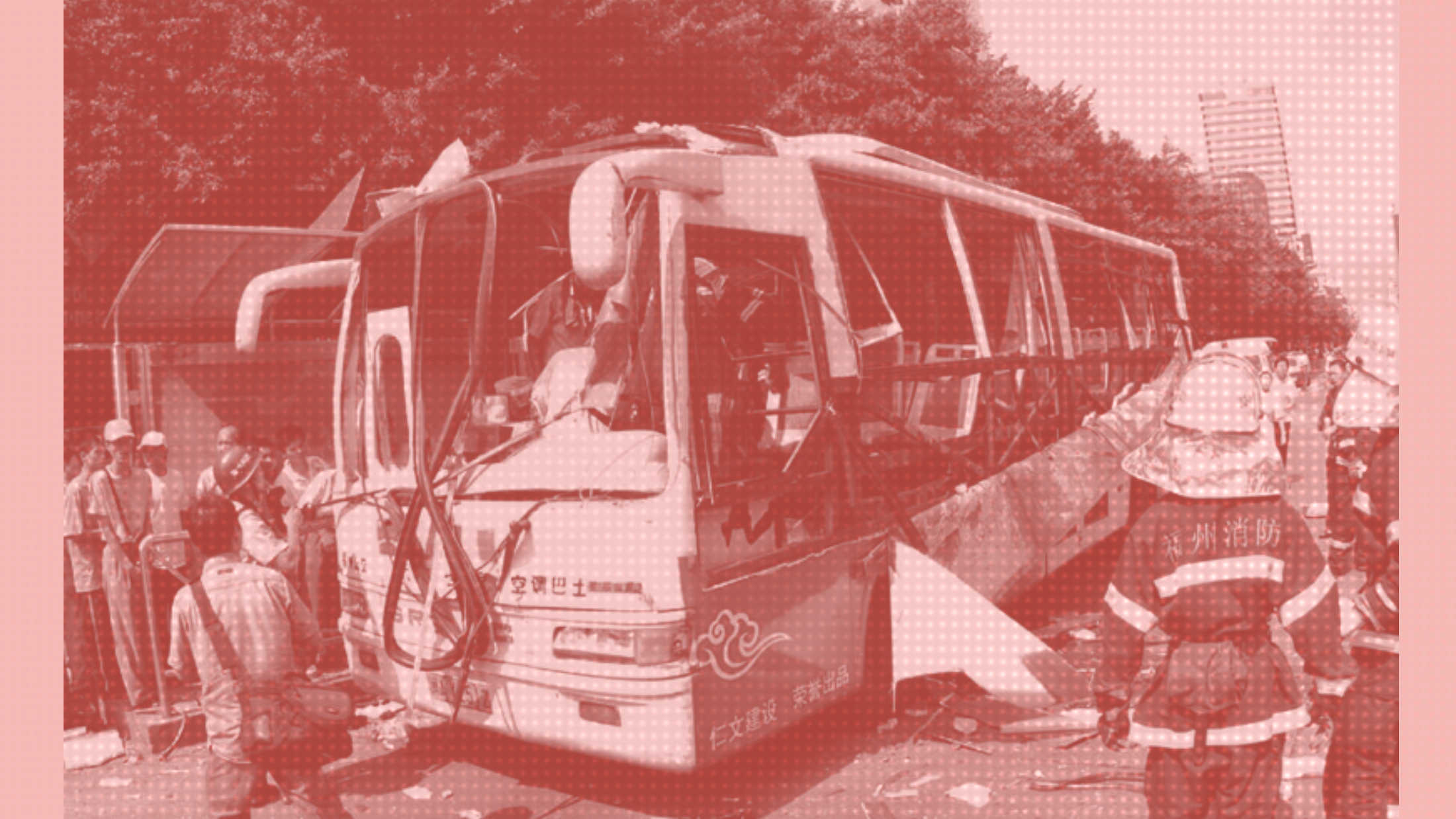- cross-posted to:
- [email protected]
- cross-posted to:
- [email protected]
cross-posted from: https://beehaw.org/post/17544837
The term “revenge society,” or “revenge against society,” is used in China to refer to acts of violence against innocent civilians committed in blind desperation by those on the bottom rung of society to protest social and political injustices for which there seems no recourse. Emerging online in the early 2000s, the term has been applied in both mainstream (CCP-led) news coverage and online discourse to random attacks on unsuspecting victims, generally in cases where the perpetrators are thought to have disadvantaged and precarious positions economically and socially.
On November 11, 2024, dozens of Chinese were killed and many more injured as a 62-year-old driver unhappy about a divorce settlement plowed his car into a stadium in the southern city of Zhuhai, running down people on the sports track. Just five days later, eight people were killed and 17 wounded in a knife attack on the campus of a vocational school in Yixing, in Jiangsu province, a city famed since ancient times for its clay teapots. The suspect was reportedly enraged because he had failed an exam and not received his graduation certificate.
These cases were merely the latest in a string of brutal attacks in China killing scores of people in the fall of 2024. Collectively, they brought renewed discussion over a period of weeks of a phenomenon that has been a feature of Chinese media coverage of such cases since at least the 1990s — “social revenge” (报复社会). Not used in other Chinese-language contexts such as Taiwan and Hong Kong, “social revenge,” or “revenge against society,” is the idea that assailants, particularly from the disaffected ranks of society, have perpetrated attacks against innocent people in a desperate bid to air their grievances.
…
The term “revenge society” was regularly used through the 2000s. In August 2005, after a 42-year-old farmer with terminal lung cancer set off a homemade explosive on a bus in the city of Fuzhou, injuring 31 people, the magazine Lifeweekly (三联生活周刊) called the incident “individual terrorism” (一个人的恐怖主义), but noted that the incident did not clearly fit the pattern of “revenge against society.” People discussing the case, it noted, had been “unable to find the actual rationalization behind his social revenge” (却找不到他报复社会真实).
The term often seemed a way to frame or make sense of cases of incredible and sometimes mysterious brutality — particularly against the backdrop of a controlled media environment in which it was difficult to openly discuss many of the objective social factors behind these cases, including labor rights violations, forced demolition, and migrant discrimination.
…
The late 2000s was still a time of relative discursive space for China’s press, though always under the watchful eye of Chinese Communist Party “guidance.” In its own, indirect way, China Youth Daily was suggesting that more responsibility should be placed on the government in such cases, implying that poor governance, and failing rule of law, were factors behind issues of social injustice. “When revenge is committed against society, the government should understand that it can change society and transform it through good governance to achieve social justice at a higher level,” the newspaper wrote.
…


